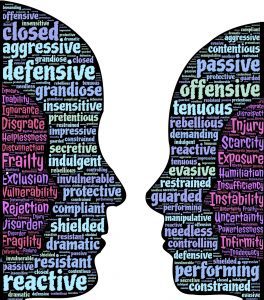 Controlling? No. He is jealous and loves me.
Controlling? No. He is jealous and loves me.
Yes, he wants to know where I go all the time but it’s just because he cares.
She doesn’t want me spending time with my friends but it’s because she wants to be with me.
Do any of these comments raise a red flag? They should! These are the actions of a controlling person. And your tendency might be to justify controlling actions rather than see them as a relationship problem.
A sign of over control is someone who is constantly jealous of your other relationships. The person tries to control who you see, how often you see them and then tries to guilt you into spending time with him or her rather than others. And to top it off, the reason given is because they care and want you all to themselves. This is not healthy.
Run from this type of relationship if you can. Controlling people don’t become less controlling when they become more intimate in their relationships. They usually escalate to more control. Control builds over time if you don’t address it when it begins.
If you confront a controlling person and he or she refuses to acknowledge what you see and feel, this is a bad sign. If, on the other hand, there is some awareness about the behavior, suggest getting help. A person can work on this, especially if they understand what is driving the behavior. Change takes time, but if the person is willing to improve the relationship, there is hope.
When bringing up an issue, stay calm and don’t accuse. Be specific as to what the behavior was and how it made you feel. Then ask what motivated this behavior. Is there a way to reassure or get a need met that doesn’t require this type of control? Try to stay confident that you want to work this out, but won’t allow this type of treatment. Sometimes it helps to reverse the situation and ask how that person would feel.
Avoid being manipulated with well intended behavior. You need to see change in the action. Controlling behavior may not be intentional and born out of deep insecurity. When that is the case, the person needs help feeling more secure or coping in a better way.
Always assess your safety when dealing with a controlling person. Most often, counseling is needed to work through the underlying issues and make change.


